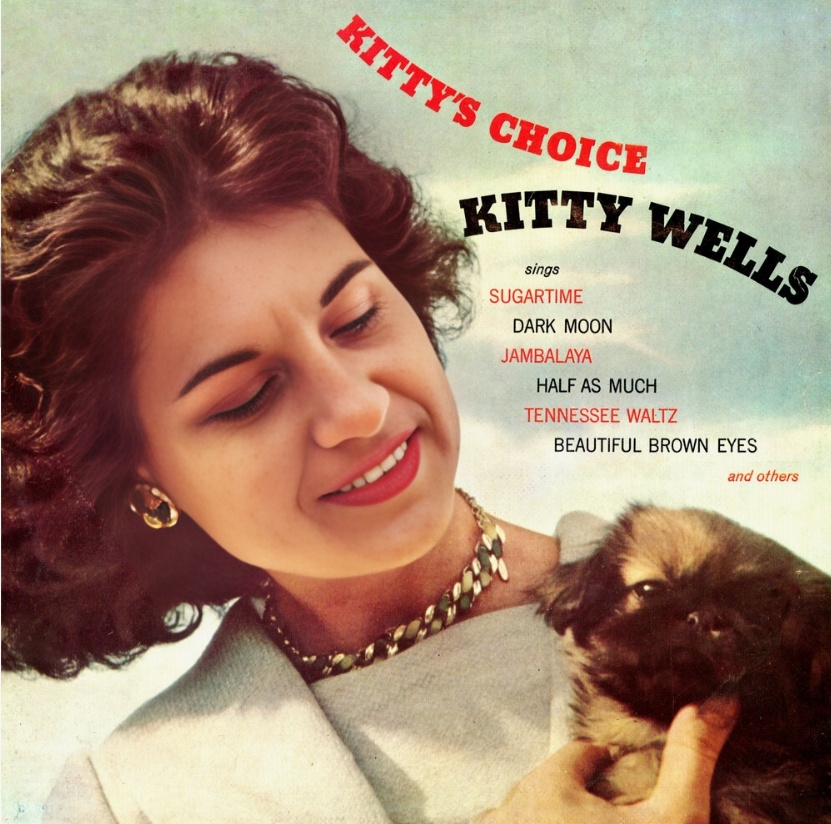
Kitty Wells, often hailed as the “Queen of Country Music,” broke barriers and shattered expectations in a male-dominated genre with her groundbreaking 1952 hit, “It Wasn’t God Who Made Honky Tonk Angels.” Before Wells, female country singers were often relegated to singing sweet, domestic tunes. Wells, however, offered a powerful, unapologetic voice that resonated with women across America. Born Muriel Ellen Deason, her stage name was inspired by a song and a nickname. She became the first female country artist to top the U.S. country charts, paving the way for countless women in the genre. While she didn’t win major awards specifically for this song, its impact cemented her place in country music history. She later won a Grammy Lifetime Achievement Award in 1991 and was inducted into the Country Music Hall of Fame in 1976.
“It Wasn’t God Who Made Honky Tonk Angels” is an answer song to Hank Thompson’s popular song, “The Wild Side of Life.” While Thompson’s song blames women for straying from marital fidelity, Wells’ response flipped the script. She argued that it was the cheating men who drove women to seek solace in honky tonks. The lyrics pointedly challenge the double standard prevalent in society, holding men accountable for their role in broken relationships and the consequences that followed.
The song sparked immediate controversy and censorship. Many radio stations initially refused to play it due to its perceived “immorality.” However, the public embraced the song’s bold message. Women, in particular, identified with the song’s honesty and its willingness to address the realities of marital infidelity from a female perspective. Despite the initial resistance, the overwhelming positive reception propelled “It Wasn’t God Who Made Honky Tonk Angels” to the top of the charts, transforming Kitty Wells into a country music icon and forever changing the landscape of the genre.
Video
https://youtu.be/2mNxUxzOEfI